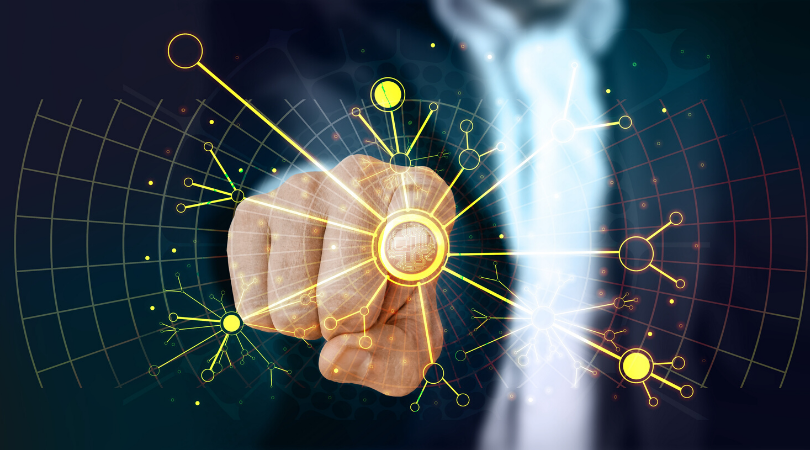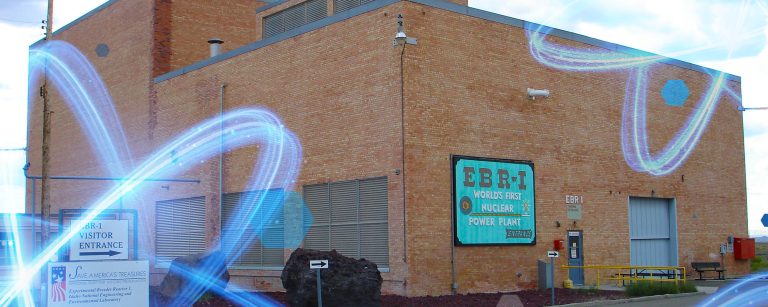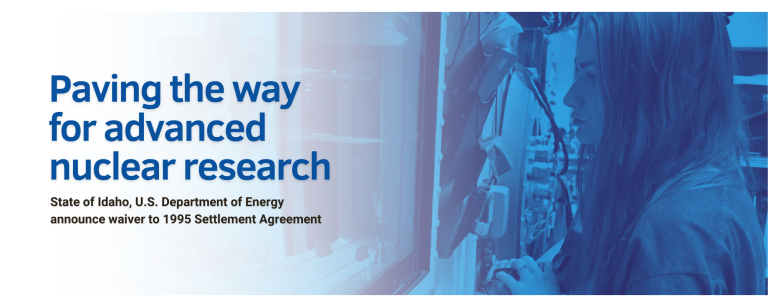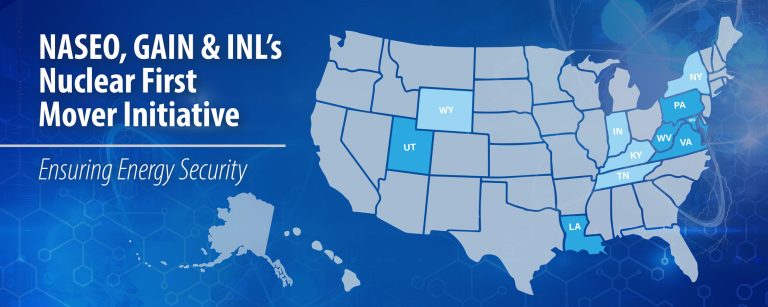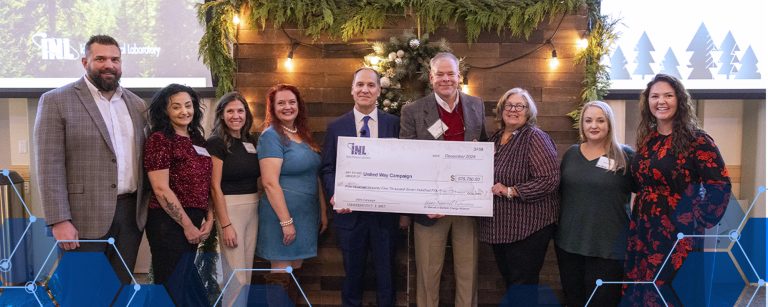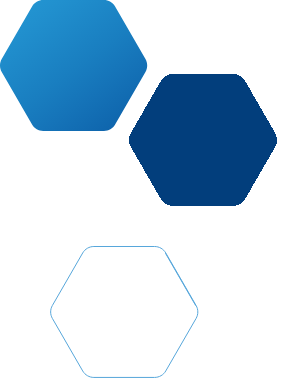It is widely known that the U.S. Department of Energy’s national laboratories are home to a wealth of experimental and computational capabilities. They offer state-of-the-art infrastructure along with modeling and simulation tools. Besides scientists and engineers specializing in conventional nuclear energy related technology, they are filled with experts in such fields as program management, economic analysis, technology road mapping, seismic analysis and regulatory planning.
For decades, outsiders’ access to the national lab system’s resources was limited, but in 2015, DOE launched the Gateway for Accelerated Innovation in Nuclear (GAIN). Its mission: to speed up commercialization of new reactor designs and support technologies intended to improve the performance of today’s nuclear plants.
“What’s brilliant about GAIN is we can meet you where you are,” said Christine King, who became director in February 2020, succeeding Dr. Rita Baranwal, who now heads DOE’s Office of Nuclear Energy (DOE-NE).
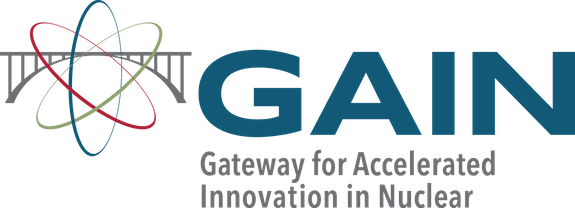 Whether you are a small company just formulating your thesis or a larger company executing your business plan/model, GAIN’s goal is to foster collaboration and be the bridge between public and private.
Whether you are a small company just formulating your thesis or a larger company executing your business plan/model, GAIN’s goal is to foster collaboration and be the bridge between public and private.
“When you’ve got an industry that’s moving this fast, it takes creative thinking on both parts,” King said. “It begins with understanding their approach, their strategy and specific needs, to help move them toward commercialization. Since commercialization is the ultimate goal, GAIN can offer nontraditional vehicles for them to be successful.”
GAIN has been issuing vouchers to companies since 2016 aimed at streamlining commercialization efforts and helping firms overcome unique technical hurdles. A voucher’s value is based on the cost estimate of a lab’s services and includes a 20% cost-share commitment from the collaborating company. The cost share can be an in-kind contribution. Funding for vouchers comes from DOE-NE. “We view ourselves as a high-end technical service to benefit the United States,” said John Jackson, GAIN’s technical interface.
But while vouchers have attracted the most attention, they are only a small part of what GAIN does. Even if a company or vendor doesn’t have a voucher, GAIN will still facilitate access to the laboratories, and offers workshops, webinars, conferences, directories and consultation. “It’s also about connecting them to other people and companies in the supply chain,” said Lori Braase, GAIN’s program manager.
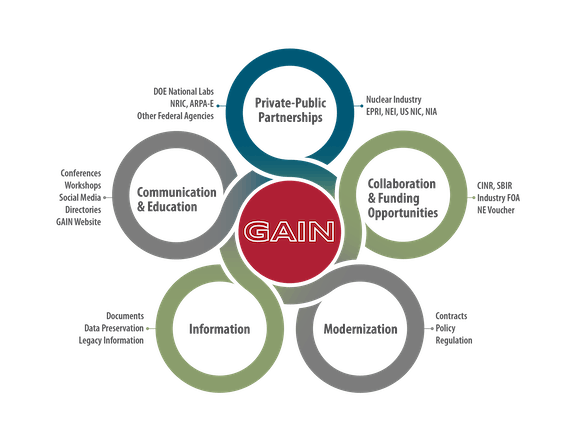
Collaboration is a two-way street. In 2018, GAIN contracted with Envoy Public Labs, a Minnesota-based market research and strategic consulting firm with a focus on clean energy, to study how advanced reactors might figure into utilities’ long-term planning. This was after a symposium, “Enabling Advanced Reactors for the Market.” There, it became clear that many utility planners had only a vague idea of advanced reactors’ possibilities – not just power generation but process heat for advanced manufacturing, hydrogen production and desalination.
On GAIN’s behalf, Envoy has engaged with utilities and end users, gathering information and building relationships. These conversations started in Minnesota and have moved to Arizona, the Dakotas, Colorado, Wyoming and Washington. “There are key energy planning and policy stakeholders at the state and local level who need information to assess advanced reactor technologies,” said Tay Stevenson, Envoy’s CEO. “They need to have a trusted source for that information, and that’s what GAIN is.”
GAIN interacts with companies representing all parts of the nuclear energy ecosystem. For example, the team was recently approached by Deep Isolation, a Bay Area company focused on the back end of the nuclear fuel cycle. “It’s not just advanced reactors we have to think about, but the advanced reactor fuel cycle,” said Sam Brinton, Deep Isolation’s legislative affairs specialist. “The collaboration and cooperation are going to help everyone.”
Besides filling in gaps in the innovation cycle, GAIN helps reduce uncertainties about workability and cost by providing experts who can evaluate the technical qualities and economic potential of advanced nuclear technologies. These scientists and engineers are spread out across the national labs. GAIN offers advanced nuclear developers and potential end users single-point access to the DOE complex and clear guidance on how to find what they need.
“We can define predictable paths to partnership,” King said. “(This) is just as helpful as funding.”
The GAIN initiative is linked closely with the Nuclear Regulatory Commission (NRC), and there is a designated DOE-GAIN person responsible for guiding developers through the regulatory process. Likewise, GAIN engages with industry advocates like the Nuclear Energy Institute, Clear Path and Third Way, which represent DOE’s interests and provide information and direction while listening to feedback.
Other collaborations include industry-led technology working groups focused on molten salt reactors, fast reactors and high-temperature reactors. They involve dozens of vendors. “We can help by talking about the things that have been accomplished and what needs to be done next,” King said.
“There’s a tremendous amount of knowledge, expertise, experience and equipment that sits at the national labs,” said Simon Irish, CEO of Terrestrial Energy Inc. “Making those resources available through an initiative like GAIN is very helpful. It makes sense for national labs, and it makes sense for the private sector.”
Jackson said, “The bottom line is, if you’re in the business of nuclear energy technology development and you find yourself asking ‘Where do I find help?’ there’s a good chance GAIN has an answer for you.”

